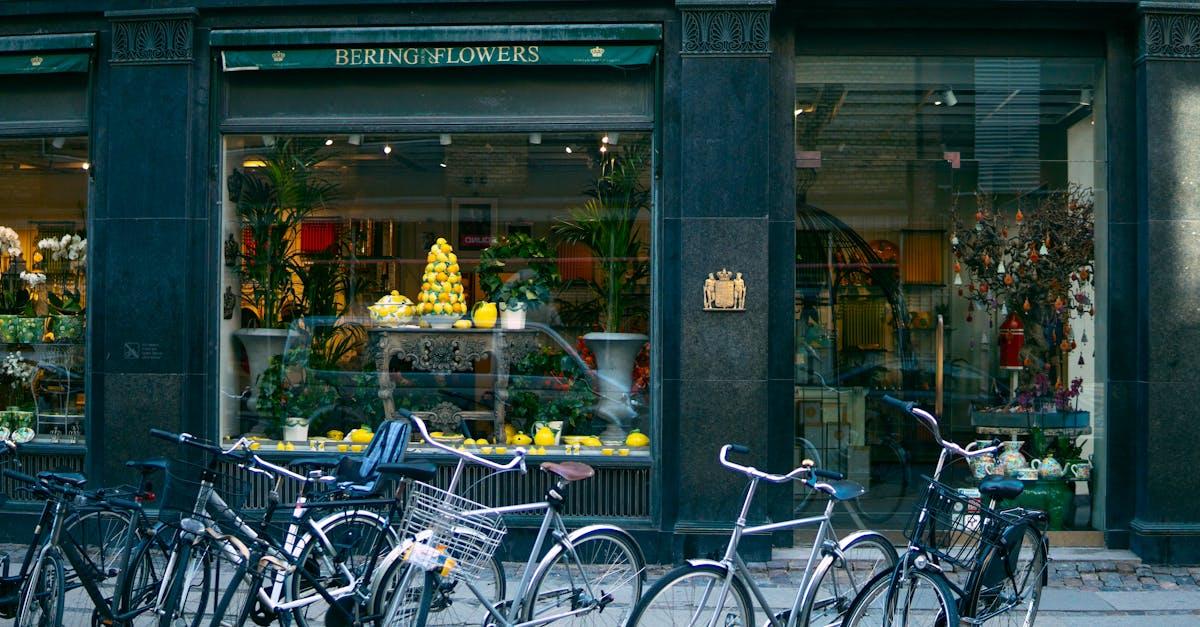Denmark is often recognized as one of the happiest countries in the world, offering a high quality of life, excellent public services, and a clean, safe environment. However, this level of comfort comes at a price. The cost of living in Denmark can be a significant consideration for expats and tourists planning to relocate or visit. Here’s an in-depth look at the expenses you can expect, including housing, food, transportation, and more.
Housing Costs in Denmark: A Major Expense
Housing is one of the largest expenses in Denmark. In cities like Copenhagen and Aarhus, rental prices can be particularly high, with one-bedroom apartments in central areas averaging between 10,000 and 15,000 DKK per month. Suburban or smaller city locations offer more affordable options, ranging from 6,000 to 8,000 DKK.
For those planning a long-term stay, purchasing property might be an option worth exploring. Denmark’s real estate market is stable, but it’s essential to consider additional costs like property taxes and maintenance. Shared housing or kollegiums (student housing) can provide a budget-friendly alternative for students or young professionals.
Food and Dining: Quality at a Price
Denmark is known for its fresh, high-quality food, but this quality often comes with a steep price tag. Groceries for one person can cost around 2,500 to 3,500 DKK monthly, depending on preferences and dietary needs. Shopping at discount supermarkets like Netto, Fakta, or Lidl can help cut costs.
Eating out in Denmark is an expensive affair. A meal at a mid-range restaurant might cost around 150-250 DKK per person, while fast food options are slightly more affordable at approximately 80-100 DKK per meal. Cooking at home is often the most economical choice for those on a budget.
Transportation Costs: Sustainable but Pricey
Public transportation in Denmark is efficient, reliable, and environmentally friendly, but it can be costly. A monthly transport pass for buses, trains, and the Metro in Copenhagen costs about 750 DKK. Cycling is an affordable and popular alternative, especially in bike-friendly cities like Copenhagen, where renting or buying a bike can save you money and keep you fit.
If you plan to drive, keep in mind that fuel prices and car taxes in Denmark are among the highest in Europe. Parking fees in urban areas can also add up quickly, making public transport or cycling the more budget-friendly options.
Utilities and Internet: Additional Monthly Costs
Utilities, including electricity, heating, water, and waste disposal, typically add around 1,000 to 2,000 DKK per month for a small apartment. Internet and mobile phone plans in Denmark are relatively affordable, with broadband packages averaging around 200-300 DKK monthly.
Healthcare and Education: A Bright Spot for Residents
One of Denmark’s major advantages is its publicly funded healthcare and education systems. Residents and expats with CPR (Civil Registration Numbers) enjoy free access to healthcare services. Similarly, higher education is free for EU/EEA citizens, while other international students may face tuition fees.
Entertainment and Leisure: Balancing Fun and Finances
Leisure activities, including cinema tickets (100-130 DKK) and gym memberships (250-400 DKK per month), can quickly add up. However, Denmark offers plenty of free or low-cost options for enjoying nature, art galleries, and community events. Exploring these activities is a great way to balance your budget while immersing yourself in Danish culture.
For a closer look at Denmark’s cost of living, visit this guide for more insights and tips.
Budgeting Tips for Expats in Denmark
- Plan Ahead: Research and understand your anticipated expenses before moving.
- Cook at Home: Limit dining out and take advantage of affordable grocery options.
- Opt for Public Transport or Cycling: Save on commuting costs while adopting sustainable habits.
- Look for Discounts: Student or employee discounts can help reduce costs for transport, gyms, and events.
Learn More About Denmark’s Financial Landscape
For a detailed discussion about the cost of living in Denmark, including insights into its impact on quality of life, check out this YouTube clip, which explores the overall cost of living across Denmark. It provides valuable information to help you plan your finances effectively.
Denmark offers a unique and enriching lifestyle, but it requires financial planning to enjoy its benefits fully. Whether you’re a student, expat, or tourist, understanding the costs can help you make the most of your Danish experience.





